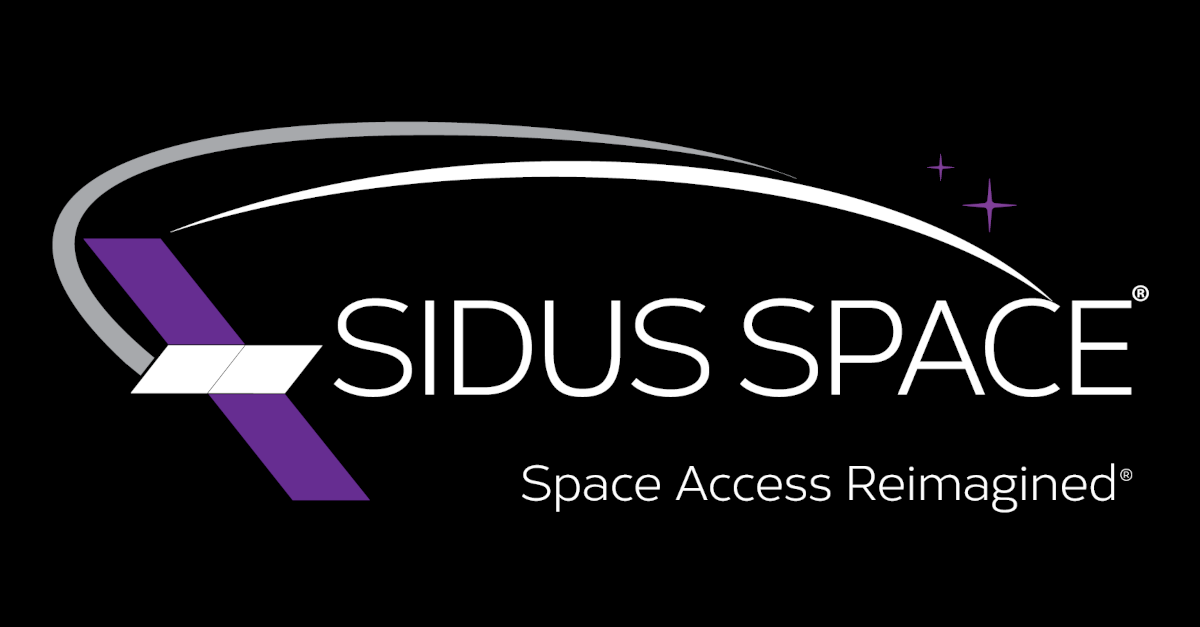Sidus Space and NASA Stennis Space Center Successfully Complete Primary Objectives of Historic In-Space Payload Mission
Sidus Space, Inc. (NASDAQ: SIDU) (the “Company” or “Sidus”), a multi-faceted Space and Data-as-a-Service satellite company, announced that in partnership with NASA Stennis Space Center, the primary objectives of the NASA Autonomous Satellite Technology for Resilient Applications (“ASTRA”) payload mission were successfully met on July 1, 2024.
Collaborating closely with the NASA Stennis Autonomous Systems Laboratory (ASL) team, Sidus Space conducted extensive integration and communications testing of the flight unit, making a significant step forward in the development of autonomous systems for aerospace applications.
“The success of this first-ever in-space mission of the NASA Stennis ASTRA payload is a historic milestone for the center and the autonomous systems team,” said John Bailey, NASA Stennis Center Director. “I look forward to our continued development of autonomous systems that can support both government and industry.”
The ASTRA mission involves an autonomous systems hardware/software payload developed at NASA Stennis as a technology demonstrator in space aboard the Sidus Space premier satellite, LizzieSatTM-1 (LS-1). Sidus Space is responsible for all LizzieSatTM Mission Operations, including launch and satellite activation, which allowed the NASA Stennis ASTRA team to complete its primary mission objectives. Following the successful completion of ASTRA payload activation and ASTRA software remote update by the Sidus Mission Control Center (MCC) team, the Sidus/NASA focus shifts to on-board data collection, demonstration of ASTRA application on-orbit capabilities, and demonstration of ASTRA automated flight following software.
“Achieving ASTRA’s primary mission objectives underscores our dedication and commitment to driving innovation while advancing space technology alongside NASA, our trusted partner,” said Carol Craig, Founder and CEO of Sidus Space. “We are proud to support such groundbreaking projects in our industry and eagerly anticipate the continued progress of our LizzieSatTM-1 mission.”
